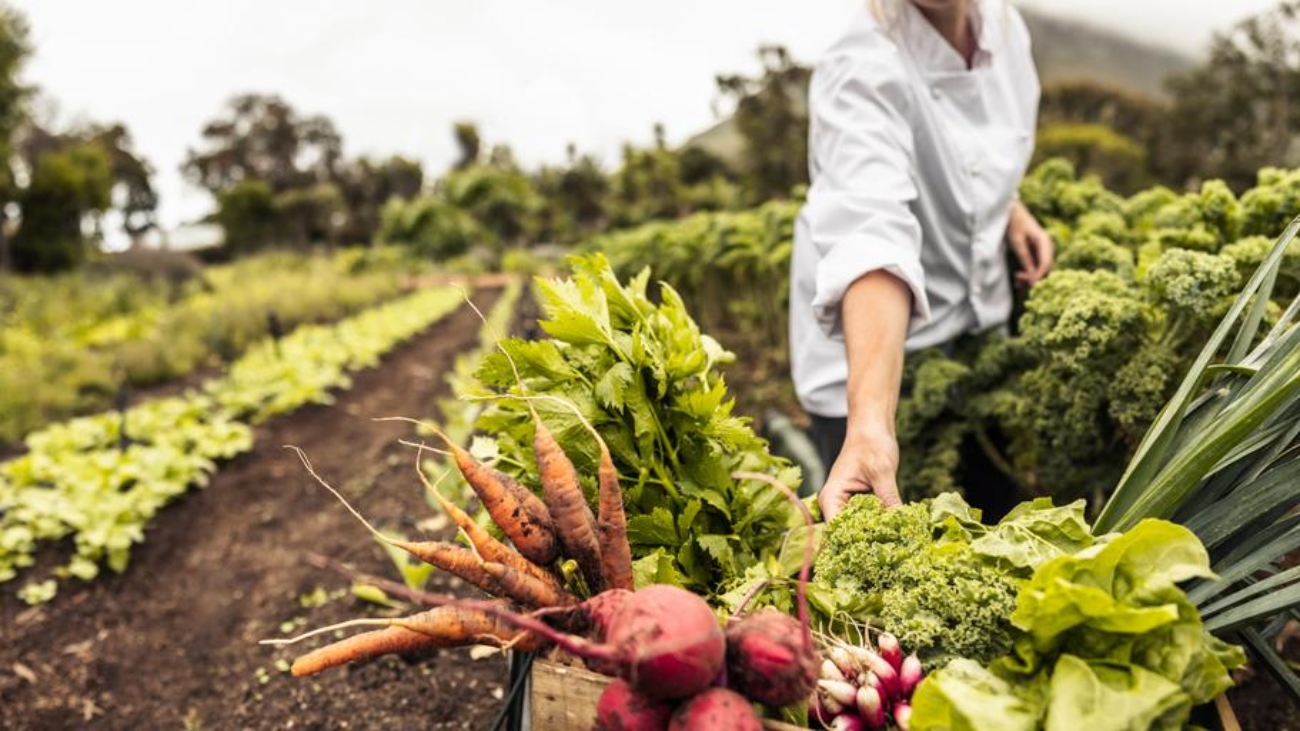The pursuit of longevity has been a timeless endeavor for humankind. As advances in science and medicine continue to extend life expectancy, there is a growing realization that lifestyle plays a significant role in determining not just the length of life but also it’s quality. This article explores the interplay between longevity and lifestyle, delving into key habits and practices that can contribute to a longer and healthier life.
Healthier Life & Nourishing Nutrition
A balanced and nutrient-rich diet forms the cornerstone of a healthy lifestyle. Emphasizing whole foods, fruits, vegetables, and lean proteins provides essential nutrients and antioxidants that support overall well-being. Adopting a Mediterranean-style diet, known for its heart-protective benefits, has been associated with increased longevity and reduced risk of chronic diseases.
Livelong progress for Healthier Life and continued growth
Continuing to learn and grow throughout life is a powerful strategy for achieving longevity and maintaining mental acuity. Lifelong learning involves the pursuit of knowledge, skills, and experiences, not just in academic settings but in all aspects of life. By remaining curious, open-minded, and adaptable, individuals can foster cognitive resilience, enhance problem-solving abilities, and stay engaged with the ever-changing world around them. Embracing lifelong learning empowers individuals to lead fulfilling lives, contributing to their well-being and sense of purpose as they age.
Regular Physical Healthier Life Activity:
Physical activity is a key determinant of longevity and vitality. Engaging in regular exercise, such as walking, jogging, swimming, or yoga, helps maintain cardiovascular health, strengthens bones and muscles, and enhances mental well-being. It also lowers the risk of obesity, diabetes, and other chronic conditions, contributing to a longer and healthier life.
Healthier Life & Stress Management:
Chronic stress can take a toll on both mental and physical health, impacting longevity. Cultivating stress-reduction techniques, such as meditation, mindfulness, or spending time in nature, can promote emotional well-being and help mitigate the negative effects of stress on the body.
Quality Sleep:
Sleep is essential for cellular repair, cognitive function, and immune health. Prioritizing a consistent sleep schedule and creating a calming bedtime routine can improve the quality and duration of sleep, leading to better overall health and longevity.
Social Connections:
Maintaining meaningful social connections has a profound impact on health and longevity. Strong social ties provide emotional support, reduce feelings of loneliness, and promote a sense of belonging. Engaging in regular social activities, volunteering, or joining clubs or community groups fosters a sense of connection and purpose.
Mental Stimulation:
Cognitive engagement and mental stimulation are vital components of a long and fulfilling life. Continuously challenging the brain through activities like reading, puzzles, or learning new skills helps preserve cognitive function and may reduce the risk of cognitive decline.
Avoiding Harmful Habits:
Certain lifestyle habits can significantly diminish longevity. Avoiding smoking, excessive alcohol consumption and substance abuse is crucial for maintaining good health and reducing the risk of life-threatening diseases.
Mindful Eating:
Practicing mindful eating involves paying attention to hunger cues, eating slowly, and savoring each bite. This approach can foster a healthier relationship with food, prevent overeating, and promote better digestion.
Hydration:
Staying adequately hydrated is essential for supporting bodily functions and overall well-being. Drinking enough water throughout the day helps maintain optimal organ function and aids in the detoxification process.
Regular Health Screenings:
Regular health check-ups and screenings are vital for early detection and management of potential health issues. By addressing health concerns proactively, individuals can take necessary measures to promote longevity and prevent the progression of certain conditions.
Adopting a Positive Outlook:
A positive outlook on life can have a profound impact on health and longevity. Optimism and resilience have been linked to lower stress levels, improved cardiovascular health, and a stronger immune system.
Embracing Nature:
Spending time outdoors and connecting with nature can have therapeutic effects on physical and mental health. Nature walks, gardening, or simply enjoying time in green spaces can reduce stress and enhance overall well-being.
Conclusion,
the journey to longevity and healthier life begins with our lifestyle choices. Embracing habits that nourish our bodies, minds, and souls can pave the way for a more fulfilling and extended existence. From nourishing nutrition and regular physical activity to stress management, quality sleep, and social connections, each aspect of our lifestyle contributes to the intricate tapestry of longevity. With guidance from FinBiz Tech., you can cultivate practices that will not only increase your longevity but also enhance your overall well-being. Start your path to a healthier life today.




